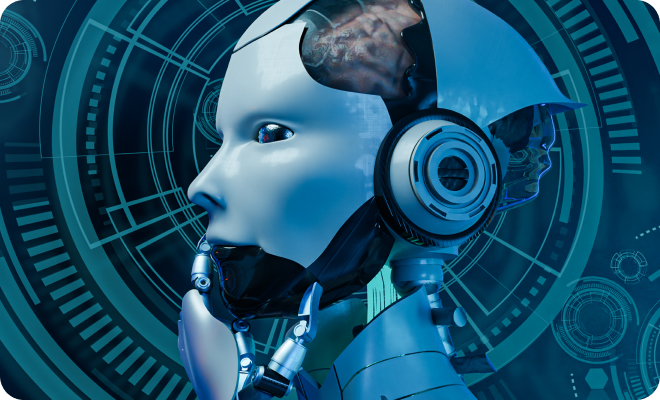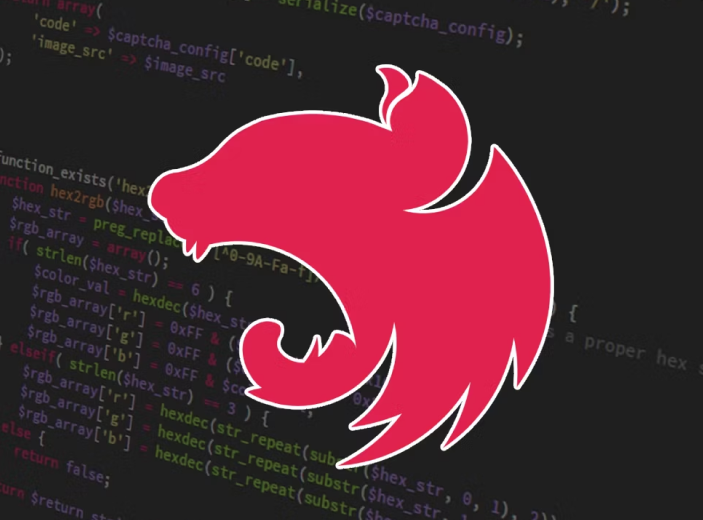Share this article
Amazon, Google, and Microsoft are using a new type of deal to acquire employees and technology from artificial intelligence companies.
Artificial intelligence (AI) startups raised billions of dollars last year, aiming to emerge as winners in the latest tech-driven boom. Now, many are struggling to survive and are turning to Silicon Valley’s major companies for a bailout.

Amazon, Google, and Microsoft are using unconventional agreements to acquire talent and technology from struggling AI startups, bypassing the typical regulatory process.
At least three once-promising AI startups have been rescued through a new type of deal that many in the tech industry argue are acquisitions in everything but name. These agreements have the advantage of avoiding the usual regulatory process at a time when the growing control big tech companies have over generative AI is being closely monitored by governments.
In early August, Character.AI announced an agreement for Google to use its technology and hire many of its researchers and executives, including co-founders Noam Shazeer and Daniel De Freitas. Google negotiated a licensing right valued at $2 billion for the startup’s technology to help buy out the early investors, according to people familiar with the situation. The two companies considered a full acquisition but concluded that regulatory approval was unlikely, according to a person knowledgeable about the matter. In June, Adept AI reached an agreement in which Amazon agreed to hire a large portion of the startup’s employees and pay around $330 million for a license for its technology, according to people familiar with the deal. That was enough, along with Adept’s remaining cash, to reimburse investors, but it was a disappointing turn for a company that was valued at $1 billion exactly a year ago.
Microsoft created the model for this type of agreement in March when it hired nearly all the employees of Inflection, an AI development startup, to start a new consumer AI division, and paid around $650 million for a license for its technology.
More exits of this type are on the horizon—whether pseudo-acquisitions or real ones—according to investors, as the bubble formed by the excitement around generative AI shows signs of peaking. The creation of large language models that power generative AI often requires hundreds of millions of dollars in initial investment before generating a cent in revenue. Many startups are discovering that they lack the resources and the track record to achieve this.
“There were many companies that had a great vision, but no tangible examples or real details,” said Shaun Johnson, founding partner of AIX Ventures, a venture capital firm focused on AI.
A rescue by a tech giant is better than bankruptcy, but it is far from the disruption of the tech industry status quo that investors were betting on. Instead, the deals have further strengthened tech giants, who can cover the enormous AI bills with their cloud computing infrastructure and existing revenue machinery. Growing skepticism around AI The anxiety about the prospects of the AI boom has contributed to a sharp decline in the tech sector in the public market recently, leading to a nearly 13% drop in the Nasdaq Composite, which is primarily tech-focused, over the last month.
The growing skepticism in the industry marks a drastic shift compared to last year when money flowed into AI startups following the successful debut of OpenAI’s ChatGPT in November 2022.
That same year, CEO David Luan launched Adept to create AI agents capable of handling office tasks, such as paying bills or processing insurance claims. Adept’s agents operated with specially built large language models; a task that can cost over $100 million. Adept raised just over $400 million, but the costs of developing its technology exceeded what its founders had anticipated, according to a person familiar with the situation.
In the second quarter of this year, Luan and his team reached out to various companies, including Microsoft and Salesforce, to ask if they would be interested in purchasing it, according to people familiar with the matter.
Adept eventually reached an agreement with Amazon, where Luan and about 50 other employees from the startup have taken on leadership roles in a newly formed team responsible for helping the e-commerce giant catch up with its peers in the AI arms race. Around 25 Adept employees remain in a scaled-down version of the startup that will not create new AI models but will utilize and sell its existing technology.
A new role for Character
Character followed a similar trajectory. It created AI-equipped chatbots that can simulate a person, from a psychologist to Elon Musk, even a cartoon character. Many people used the service for romantic role-playing, something the company discouraged. Last year, the firm raised $150 million in a deal that valued it at $1 billion. However, it struggled to generate sufficient revenue from paying users and by mid-year was in talks with Meta, Facebook’s parent company, about a rescue, according to insiders.
Ultimately, Character landed at Google, where Shazeer used to work and where he co-wrote a seminal paper in 2017 that laid the groundwork for much of the generative AI technology used today. Shazeer, CEO of Character, is still highly regarded at Google and is close to co-founder Sergey Brin, who helped seal the deal.
Google’s payment for the license adds to a previous investment of $500 million that the tech giant made in Character. The money from Google will be used to buy out the early shareholders at a valuation of $2.5 billion—more than double last year’s level—and to fund the growth of the startup. Shazeer and about a quarter of Character’s employees will join Google’s AI research division to work on its flagship systems, Gemini. The rest will remain at Character to continue working on chatbots and will utilize more open-source AI models; a more cost-effective approach than relying solely on their own. The Information previously reported the news about Character’s new valuation in the Google deal.
Regulatory Scrutiny
The actions increasingly taken by the Biden administration to block tech mergers and acquisitions are one of the reasons for the unusual structure of the deals involving Character, Adept, and Inflection, according to industry insiders. “These companies know that the days when they could buy hundreds and hundreds of smaller companies without facing challenges are over,” stated John Newman, a law professor at the University of Miami who specializes in antitrust and competition, referring to tech giants like Amazon and Google.
The so-called acqui-hires, in which a large company buys a startup primarily to hire its employees, have been common in Silicon Valley for a long time. However, hiring key employees from a startup and obtaining its technology in exchange for a licensing right is unusual. This structure gives buyers most of what they would want from an acquisition without having to seek government approval.
The Federal Trade Commission is investigating both Amazon’s deal with Adept and Microsoft’s deal with Inflection to determine whether either buyer structured the agreement to avoid government approval, according to sources familiar with the matter. Source: The Wall Street Journal












